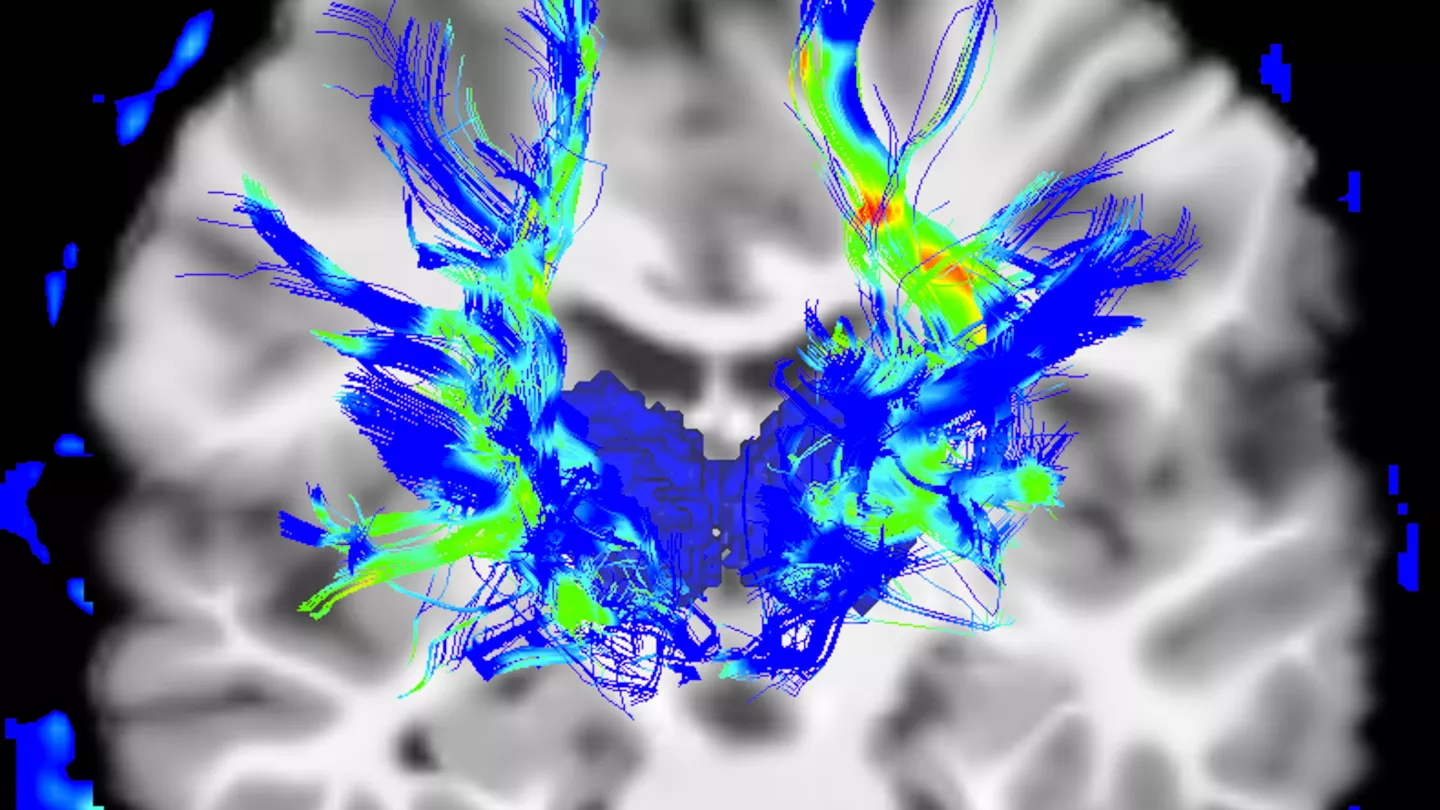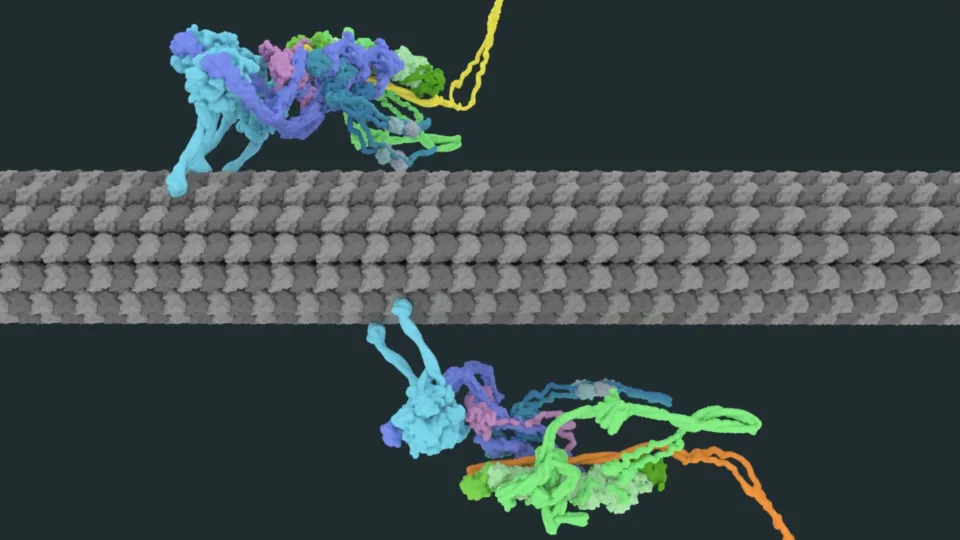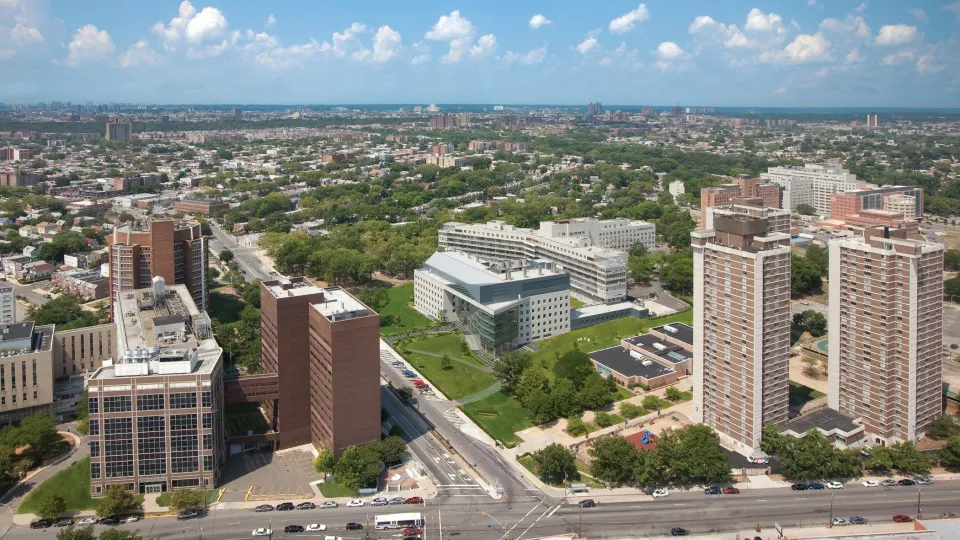News Brief
Unraveling the Mechanisms of Neurodegeneration in Parkinson's Disease
September 26, 2024

Finding treatments for Parkinson’s disease and other neurodegenerative disorders requires insights into the molecular mechanisms responsible for killing patients’ neurons. Frank Soldner, M.D., is investigating one possible cause: defects in histone acetylation, an intracellular process that plays an essential role in gene regulation. Using a novel human pluripotent stem cell (hPSC)-based discovery platform that he and his colleagues developed, Dr. Soldner can reproduce many characteristics of Parkinson’s disease within human neurons in cell culture. The researchers have identified enzymes that, by modifying histone acetylation, contribute to neurodegeneration mediated by alpha-synuclein, a protein suspected of contributing to Parkinson’s symptoms by killing brain neurons. The National Institute of Neurological Disorders and Stroke (NINDS) has awarded Dr. Soldner a four-year, $2.7 million grant to continue his research into the role of aberrant histone acetylation in neurodegeneration. By combining hPSC-based disease models and postmortem tissue obtained from Parkinson’s patients, Dr. Soldner and colleagues may be able to show that aberrant histone acetylation linked to alpha-synuclein pathology is a common feature of Parkinson’s disease and related disorders. (1R01NS138402-01)
Dr. Soldner’s group is also studying how nonneuronal brain cells such as microglia contribute to the development of Parkinson’s disease. Using genome-wide association studies (GWAS) and CRISPR-based tools, Dr. Soldner’s group has found evidence that GPNMB—a protein preferentially expressed in microglia and upregulated in various neurodegenerative disorders— plays an important role in regulating the neuroinflammatory response associated with neurodegeneration. NINDS has awarded Dr. Soldner a five-year, $3.2 million grant to clarify GPNMB’s role in the neurodegeneration that leads to Parkinson’s and other related disorders. A better understanding of the influence that nonneuronal cells exert on brain disorders could lead to new therapeutic strategies that target the interactions between those cells and neurons. (1R01NS133140-01A1)
Dr. Soldner is an assistant professor in the Dominick P. Purpura Department of Neuroscience, assistant professor of genetics, and a member of the Ruth L. and David S. Gottesman Institute for Stem Cell Research and Regenerative Medicine at Einstein.



